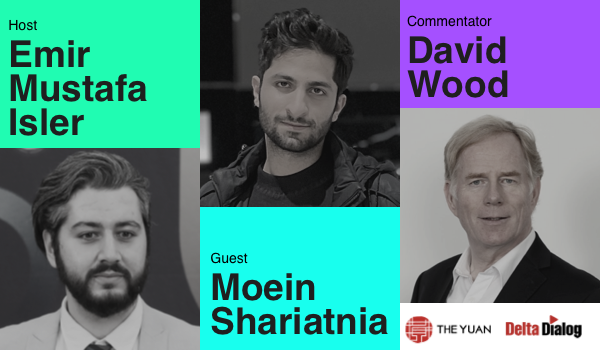
ISTANBUL -
The Digital Visionary
AI models trained on retinal images have advanced our approach to the critical aspect of diabetes care in the field of diabetic retinopathy. These AI models bring a new level of efficiency and precision to the diagnosis process, addressing challenges such as the need for timely and accurate assessments. By analyzing retinal images, these models detect early signs of diabetic retinopathy, allowing for preventing potential vision loss associated with the condition.
Real-world studies have been critical in validating the effectiveness of AI models in diagnosing diabetic retinopathy, with many demonstrating their capability to match and even surpass manual grading by human experts. These studies showcase AI providing consistent and reliable results, reducing the subjectivity that can be innate in manual grading systems. The comparison to manual grading not only underscores the accuracy of AI models but also highlights their potential to serve as valuable tools in busy clinical settings where timely diagnosis is crucial.
The accessibility of retinal imaging has been revolutionized by the integration of smartphone cameras into the process. This innovative approach makes it easier for individuals to undergo retinal screenings, particularly in areas where access to specialized ophthalmic equipment are limited. Companies pioneering this approach include those developing mobile apps capable of capturing high-quality retinal images using smartphone cameras. These initiatives are a big help in diabetic retinopathy screenings and expanding access to preventive care.
The union of medical and machine learning expertise is becoming increasingly important for future healthcare professionals. Familiarity with machine learning and AI not only enhances diagnostic capabilities but also facilitates collaboration between healthcare professionals and technology experts, fostering a multidisciplinary approach to healthcare challenges. This dual expertise drives innovations that improve the efficacy and accessibility of various tools, ultimately benefitting patient outcomes.
What’s in it for me? / Why should I care?
The combined effect between AI models, retinal imaging technologies, and the knowledge base of healthcare professionals holds immense potential for transforming not only diabetic retinopathy but many related fields. The ongoing collaboration between medicine and machine learning is redefining the landscape of healthcare, by enabling the integration of cutting-edge research and technological advancements into practical applications that directly impact patient care. This evidently also emphasizes the importance of interdisciplinary skills in shaping the future of medical practice.
Further Reading:- AI-driven Healthcare - with Moein Shariatnia and David Wood
- Deep generative models deploy in radiology
- Computer vision AI offers hope in diagnosing, treating skin disorders





 331 views
331 views






